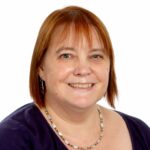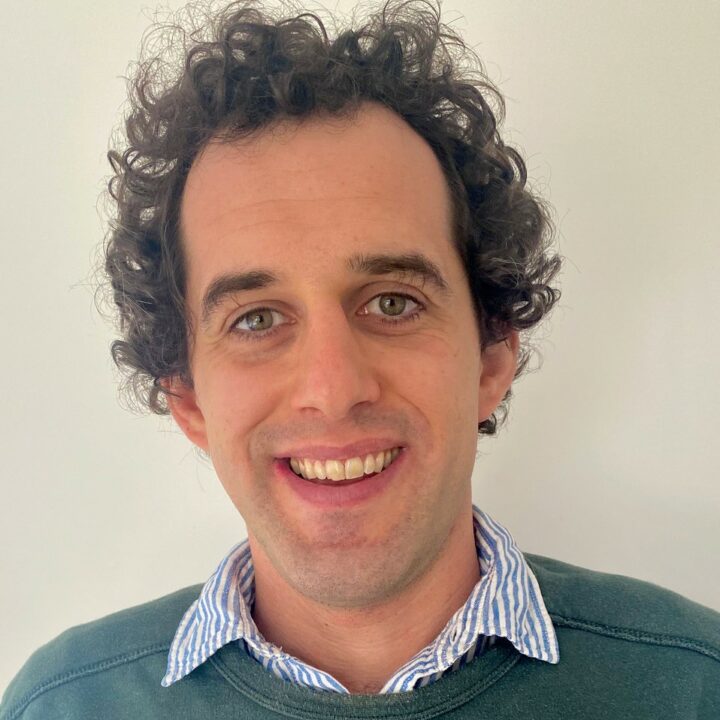Distinguished service award for Peter Hartley


In recognition of his contributions to the physiotherapy profession in the field of frailty and older person’s care, Peter received a Distinguished Service Award from the Chartered Society of Physiotherapy. We spoke to him to find out more about his work.
“It was humbling to find out that I had been nominated and knowing that colleagues had taken the time to do this means a lot to me,” said Peter, whose interest in research developed while he was studying for his undergraduate physiotherapy degree. He was advised to gain clinical experience before going down the research route, which he did, but the desire to get involved with research didn’t go away. He says, “After two years of experience I joined an NIHR Master’s programme in clinical research methodology, which reignited my enthusiasm for academic work, and then I became a team lead in geriatrics and began collaborating with Dr Román Romero Ortuño (now Professor Ortuño) on research into frailty and rehabilitation outcomes.”
This work, along with support from Professor Christi Deaton, led to a successful PhD funded by the Dunhill Medical Trust (now the Vivensa Foundation) investigating hospital-associated deconditioning in older adults.
Since completing his PhD, and as part of his clinical academic role with the physiotherapy department and stroke team, Peter has been focussing on building a research programme in physical activity and stroke, working with a public and professional involvement (PPIE) group. “The current focus of the work has very much been directed by our PPIE group and is investigating cardiorespiratory exercise, secondary prevention, and life after stroke. Since working with Professor Jo McPeake, this has expanded to include social frailty. I am especially interested in frailty, including social frailty, because of its central role in recovery and the risk of it being misinterpreted in clinical settings.”
Peter continues to work in his clinical role one day a week and says that he finds working with and learning from other clinicians very rewarding, “The most fulfilling part is seeing patients progress in their rehabilitation, although working with people who have experienced profound life changing events is also very sad, and incredibly challenging, particularly in the current reality of the NHS.“
At the same time, Peter enjoys nurturing future talent, and works with research active nurses, midwives, and allied health professionals (NMAHPs) at various stages in their career, something he really values as being impactful as well as rewarding. He says, “I organise a monthly meeting for clinical academic NMAHPs which had just ten members in 2015 but now has around 120. I have also mentored several NMAHPs working in many different clinical specialisms, and I get a lot from this because I’m developing my own skills and knowledge as well as getting ideas and motivation for my own programme of work.”
I am incredibly fortunate to work with so many amazing people and this recognition feels like a reflection of the supportive and collaborative environment that has been built in Cambridge.
Peter Hartley